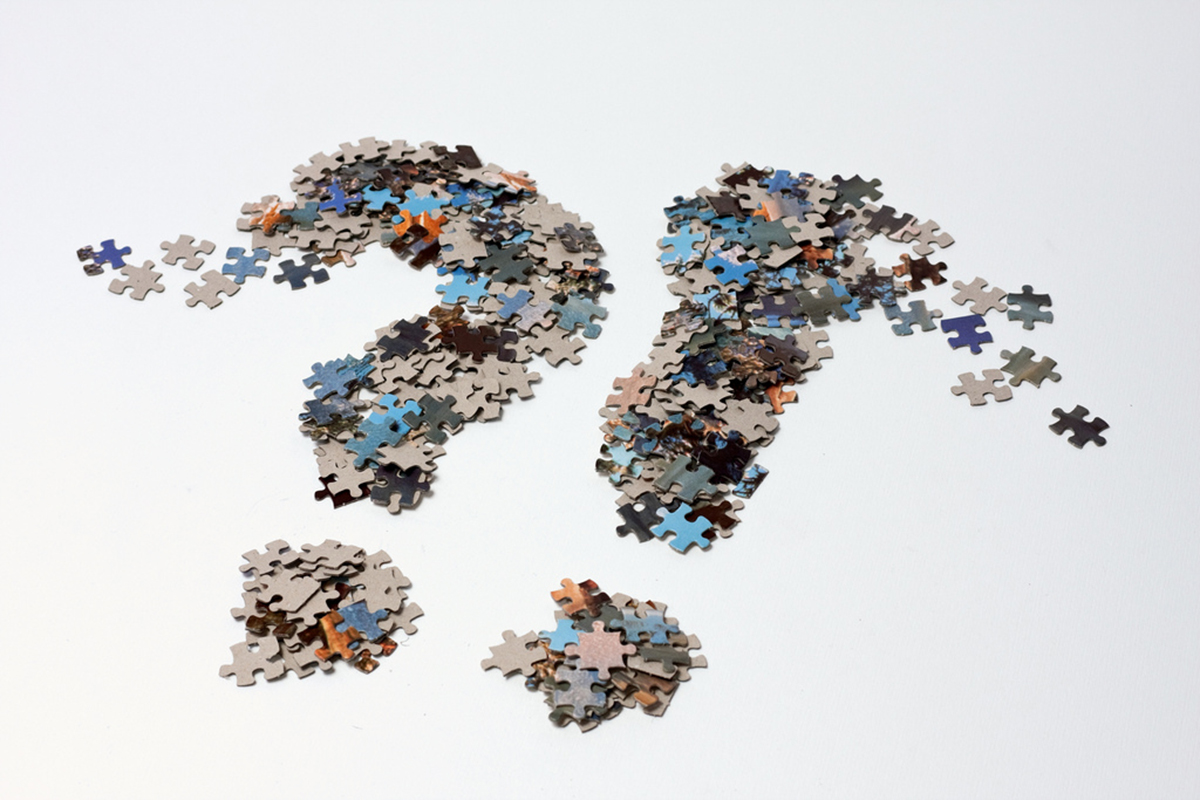It's probably been a long time since you heard a comment about Calvin Coolidge in everyday conversation, if you ever have at all.
President of the United States from 1925 to 1929, Coolidge was notoriously a man of very few words and a stern, New England demeanor. He was the subject of comedy routines for decades, even the use of his name eliciting laughter, right up until about 1970. Then people just stopped talking about him.

Chances also are you don't know any children who would be thrilled to own a Wham-O Water Wiggle. In 1965, however, I was. The comical rubber head you could place on the end of a garden hose could chase you and your buddies all over the yard, and also hit you on the head and knock out your teeth. No longer available in the United States, the Water Wiggle was a must-have along with other famous Wham-O innovations of the 1950's and 1960's, such as the frisbee, the super slide, and the hula hoop.
Things "everybody" knows, like who was running for President with the slogan "Tippecanoe (pronounced tip-a-canoe) and Tyler Too" and what Lucy and Ethel had to 'splain (explain) to Ricky and Fred on the I Love Lucy show no longer are common knowledge, despite the ability of nearly anyone to find out nearly anything on the Internet.
Forgetfulness Can Occur On A Societal Level
Social scientists refer to this phenomenon as cultural forgetfulness, the tendency of entire societies to forget common experiences. Cultural forgetfulness is the flip side of cultural memory, the linking of past, present, and future not only in the memories of individuals but also in the symbols, celebrations, monuments, holidays, music, art, and other triggers of individual memories that cultures provide. Cultural memories last longer than individual memories, but they do not last forever, or at least that is what two researchers at Washington University in St. Louis, Missouri discovered and reported in the journal Science.
Testing Cultural Memory Across 40 Years
A total of 415 students at Washington University were asked to name as many US presidents as they could and then to list the order in which 9 presidents served in office. The experiment was conducted in 1974, in 1991, and in 2014, but the researchers used the same list of 9 presidents in their test in 2014 as in the tests more than 20 and a full 40 years earlier. Using the same list of presidents (Nixon, Johnson, Kennedy, Eisenhower, Truman, Franklin Roosevelt, Herbert Hoover, the previously mentioned Coolidge, and Harding) tested the influence of cultural memory on individual memories.
See Also: Is America Ready For An Obese President?
It probably does not come as a big surprise that students in 2014 had trouble remembering the order of Harding, Coolidge, and Hoover, who served in office in the 1920's. Even fewer would remember their predecessors Wilson, Taft, Teddy Roosevelt, and McKinley. By the year 2040, researchers estimate, President Truman will probably be as poorly remember as President McKinley is now, and even familiar names like Clinton, Bush, and Obama will fade into hazy memory, assuming no spectacularly long-lasting achievements preserve their place in the cultural memory.
Why Would Anyone Care About Cultural Memory?
Interest in cultural memory is more than just academic. Cultural memory is the way individuals can create their understanding of their place in their societies. Our cultural memories enable us to understand our place in our countries, religions, and other social groups. Cultural memory provides us with rules to live by, telling us what we can and can't do to be a member of a group.

Followers of religions that have clear rules for daily living, including but not limited to Islam, Orthodox Judaism, Orthodox Christianity, and Roman Catholicism, create a cultural memory that inspires their adherents to live in a certain way and to do or not do certain things.
Would-be dictators often seek to destroy cultural institutions so that they can take over as the source of cultural identity. North Korea promotes a theory of "juche," or self-reliance, to separate North Korea from all other influences and to provide a comprehensive guide for living. In 1970's Cambodia, Pol Pot ordered the destruction of all other institutions, breaking up families, killing teachers, even killing people who wore glasses, so that there would be no distractions from his idea of a communistic paradise.
But even where there are no dictators and cultural memories are not directed by political leaders, cultural memory and cultural forgetting can have profound effects on personal health:
- American culture reinforces the idea of individual autonomy. Asian culture, especially Filipino culture, reinforces the idea of belonging to a group. Certain kinds of trauma, especially those involving intrusion into one's personal space, are far more likely to result in post-traumatic stress in most Americans. Other kinds of trauma, such as embarrassing revelations or censure by peers or family are far more likely to result in post-traumatic stress in Filipinos.
- Different cultures reinforce different habits. Some cultures reinforce taking risks to achieve goals, and other cultures reinforce tried and true habits to conform to expectations. It can be easier or harder to change health habits, eating habits for example, in some cultures than in others.
- It is easier to remember words, ideas, and events that meet our cultural expectations, that conform to our cultural memories. In a science-oriented society it's easier to remember information about a "galloping pony" or a "fast car" than it is to remember information about a "talking cat" (unless the talking cat was on TV) or a "teaching tree."
- Culture affects how well we can hear conversations and music. Hearing loss is more of a problem when you are trying to listen to a foreign language or an unusual musical instrument than it is when you are trying to listen to your own language or your favorite musical instrument.
See Also: Childhood Memory: An Enigma Science Is Beginning To Solve
And cultural norms define attitudes, statements, and behaviors that might be used to characterize a person as mentally healthy or mentally ill. The culture in which you live and the symbols it uses to maintain its memories do not change your health, but they have a tremendous influence on how you feel about your health and whether you will take measures to change it.
- Sotirova-Kohli M, Opwis K, Roesler C, Smith SM, Rosen DH, Vaid J, Djonov V. Symbol/Meaning paired-associate recall: an "archetypal memory" advantage? Behav Sci (Basel). 2013 Oct 9. 3(4):541-61. doi: 10.3390/bs3040541. eCollection 2013 Dec. PMID: 25379255 [PubMed].Photo courtesy of _annamo by Flickr: www.flickr.com/photos/anna_mo/2846622875
- Photo courtesy of Horia Varlan via Flickr: www.flickr.com/photos/horiavarlan/4290549806
- Photo courtesy of [AndreaS] via Flickr: www.flickr.com/photos/norue/9840164534


Your thoughts on this